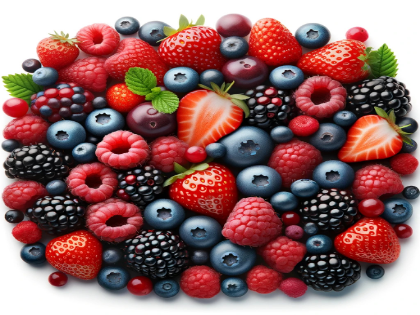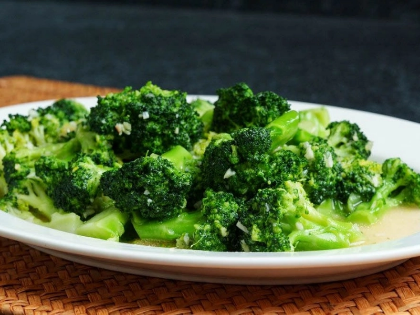How Broccoli Can Enhance Your Sports Performance
A member of the Brassica oleracea family, which includes cabbage, Brussels sprouts, kale and cauliflower, broccoli offers a rich assortment of vitamins, minerals and plant compounds. It is low in fat and high in fiber. It is also rich in Vitamin C, which speeds up recovery after a workout and helps keep the body less acidic. Vitamin C is a powerful antioxidant that protects cells.
Vitamin C
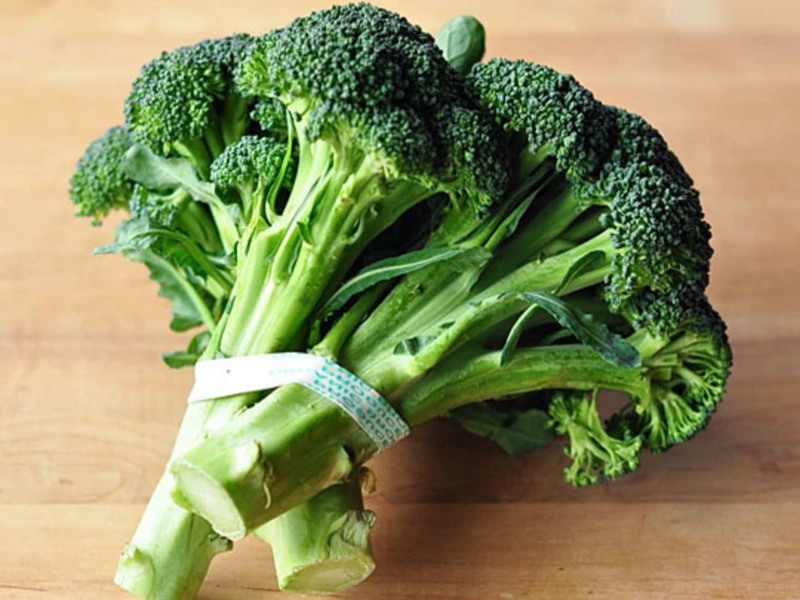
Vitamin K
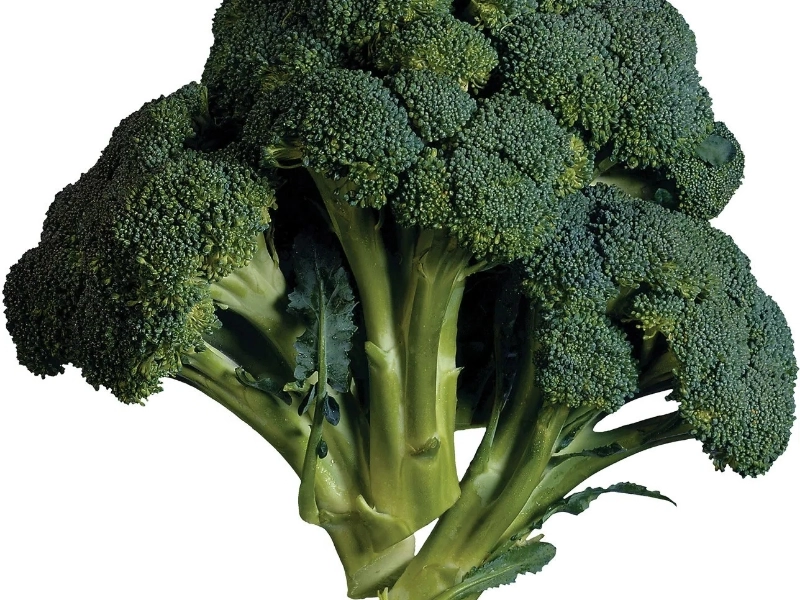 The cruciferous vegetables in the Brassica group are nutrient powerhouses. They’re rich in vitamin C and K, folate, potassium, fiber, and other minerals essential for health and athletic performance.
The isothiocyanate compounds glucosinolates in broccoli help protect against cancer and lower cholesterol. In addition, the sulforaphane in broccoli helps reduce inflammation in the gut and boost digestive health.
Eat your broccoli raw or lightly cooked to get the most benefit. Cooking it for a few minutes, such as steaming, allows the sulforaphane to better break down and become more bioavailable. Vitamin C, also found in broccoli, helps strengthen the immune system, protecting athletes from infections that could derail training and competition. It’s also a good source of Vitamin A, which supports healthy skin and eye function.
The cruciferous vegetables in the Brassica group are nutrient powerhouses. They’re rich in vitamin C and K, folate, potassium, fiber, and other minerals essential for health and athletic performance.
The isothiocyanate compounds glucosinolates in broccoli help protect against cancer and lower cholesterol. In addition, the sulforaphane in broccoli helps reduce inflammation in the gut and boost digestive health.
Eat your broccoli raw or lightly cooked to get the most benefit. Cooking it for a few minutes, such as steaming, allows the sulforaphane to better break down and become more bioavailable. Vitamin C, also found in broccoli, helps strengthen the immune system, protecting athletes from infections that could derail training and competition. It’s also a good source of Vitamin A, which supports healthy skin and eye function.
Folate
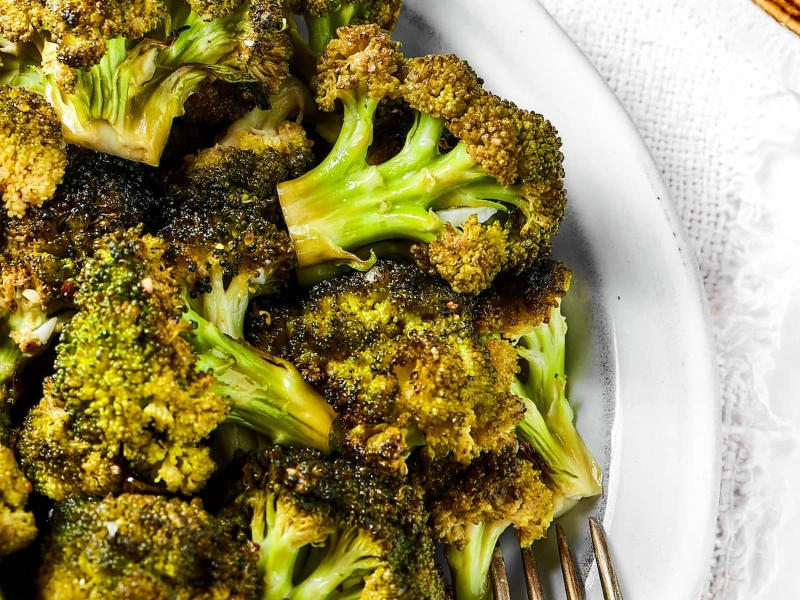 The naturally occurring form of vitamin B9, Folate (not to be confused with folic acid which is used in many dietary supplements), helps improve endurance and reduces fatigue by enhancing energy production. Adequate levels of Folate also promote muscle growth, help prevent a decrease in blood cell concentration and support cardiovascular health.
Its high glucosinolate content also provides antifungal and antibacterial properties, which aid in the body’s system detoxification. This is important for athletes as it can reduce the risk of infections and illnesses that could impede workouts.
The key to maximizing the nutritional benefits of Folate is to consume it in its natural form. Steaming or microwaving broccoli florets for about a minute will help preserve water-soluble vitamins, folate and its glucosinolates. You can also enjoy it raw with a light dressing or add it to omelets and soups.
The naturally occurring form of vitamin B9, Folate (not to be confused with folic acid which is used in many dietary supplements), helps improve endurance and reduces fatigue by enhancing energy production. Adequate levels of Folate also promote muscle growth, help prevent a decrease in blood cell concentration and support cardiovascular health.
Its high glucosinolate content also provides antifungal and antibacterial properties, which aid in the body’s system detoxification. This is important for athletes as it can reduce the risk of infections and illnesses that could impede workouts.
The key to maximizing the nutritional benefits of Folate is to consume it in its natural form. Steaming or microwaving broccoli florets for about a minute will help preserve water-soluble vitamins, folate and its glucosinolates. You can also enjoy it raw with a light dressing or add it to omelets and soups.
Potassium
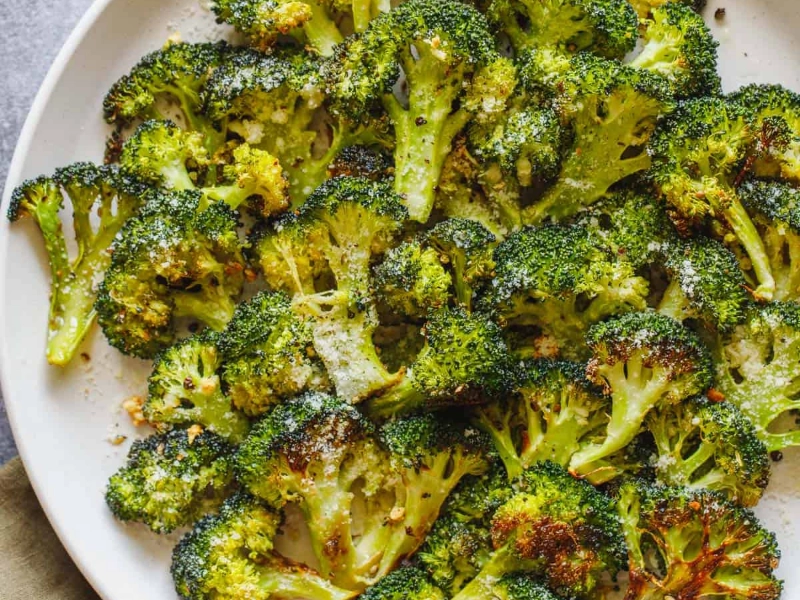 Potassium is an electrolyte that works with sodium to regulate blood pressure and control fluid balance in the body. It plays a role in nerve function and assists with polarization of cell membranes to conduct electrical impulses, including those that cause muscle contraction.
Potassium helps to hydrate the body during exercise and aids in glycogen management for energy production. It is also a natural vasodilator, helping to relax blood vessels and promote healthy blood flow to the muscles.
Potassium is found in a wide variety of fruits, vegetables, and dairy products. Athletes should focus on meeting their potassium needs through a balanced diet and may consider consuming potassium-rich supplements (under the guidance of a health care professional) to support athletic performance.
Potassium is an electrolyte that works with sodium to regulate blood pressure and control fluid balance in the body. It plays a role in nerve function and assists with polarization of cell membranes to conduct electrical impulses, including those that cause muscle contraction.
Potassium helps to hydrate the body during exercise and aids in glycogen management for energy production. It is also a natural vasodilator, helping to relax blood vessels and promote healthy blood flow to the muscles.
Potassium is found in a wide variety of fruits, vegetables, and dairy products. Athletes should focus on meeting their potassium needs through a balanced diet and may consider consuming potassium-rich supplements (under the guidance of a health care professional) to support athletic performance.
Calcium
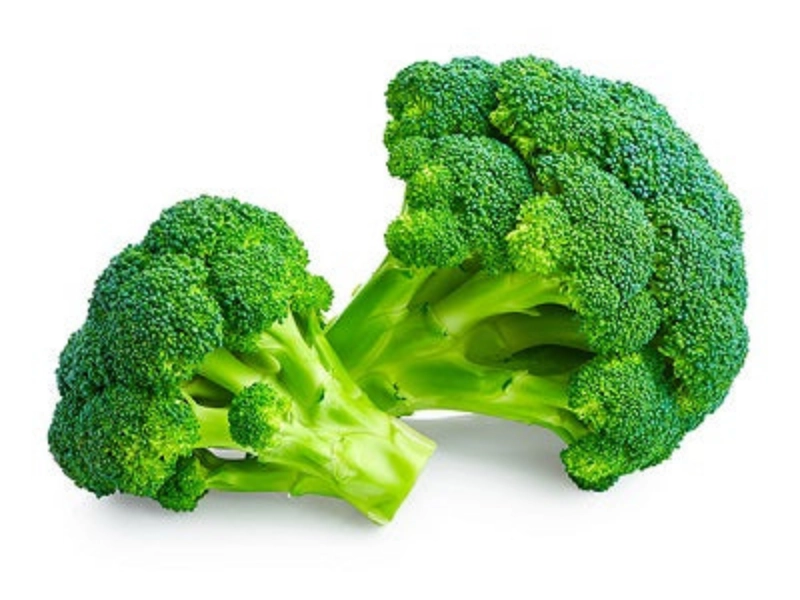 Like all leafy green vegetables, broccoli is a good source of calcium and magnesium. These minerals improve bone health and promote muscle function, hydration, and oxygen transport.
Broccoli also contains glucosinolates, which the body converts to anti-cancer compounds including sulforaphane and indole-3-carbinol, that help prevent cancer of the colon, lung, stomach and breasts. These glucosinolates are also a natural antifungal and possess antibiotic properties, protecting the body from infection.
In addition, the high amounts of vitamin C in broccoli help to boost immunity, which protects athletes from illness that could impair performance. It also contains calcium, vitamin K, and folate and provides a good source of potassium, an electrolyte important for muscle function, hydration and nervous system health.
Like all leafy green vegetables, broccoli is a good source of calcium and magnesium. These minerals improve bone health and promote muscle function, hydration, and oxygen transport.
Broccoli also contains glucosinolates, which the body converts to anti-cancer compounds including sulforaphane and indole-3-carbinol, that help prevent cancer of the colon, lung, stomach and breasts. These glucosinolates are also a natural antifungal and possess antibiotic properties, protecting the body from infection.
In addition, the high amounts of vitamin C in broccoli help to boost immunity, which protects athletes from illness that could impair performance. It also contains calcium, vitamin K, and folate and provides a good source of potassium, an electrolyte important for muscle function, hydration and nervous system health.





